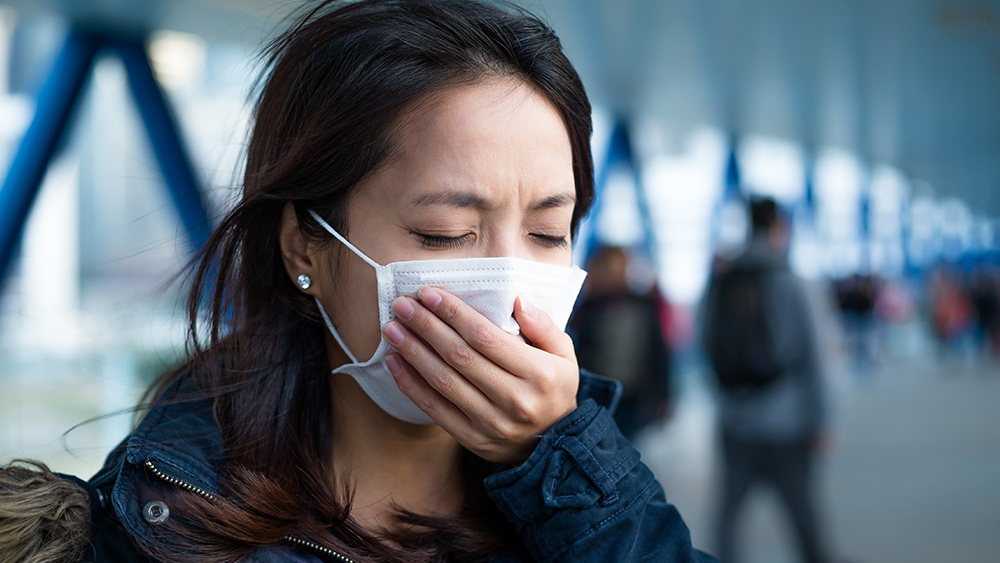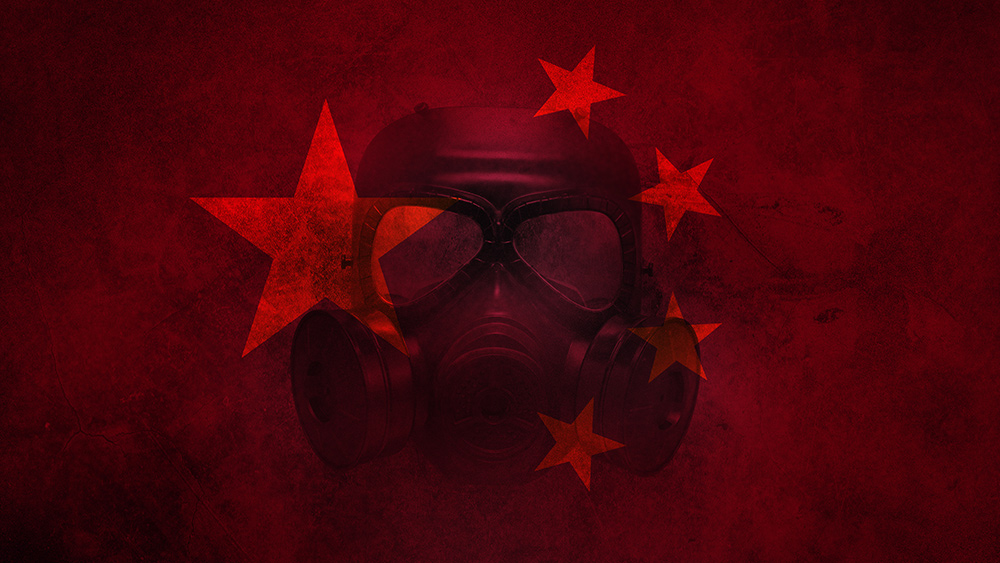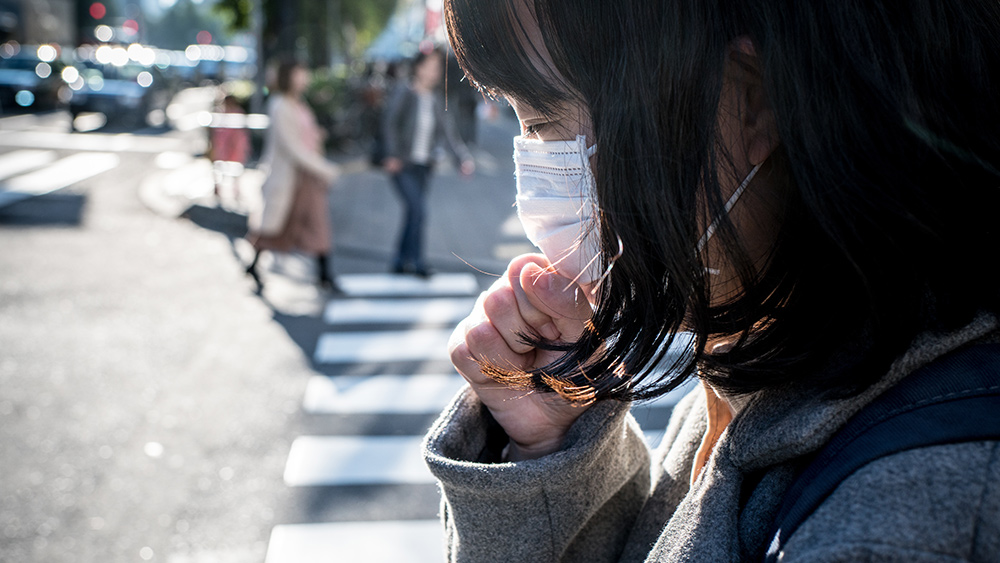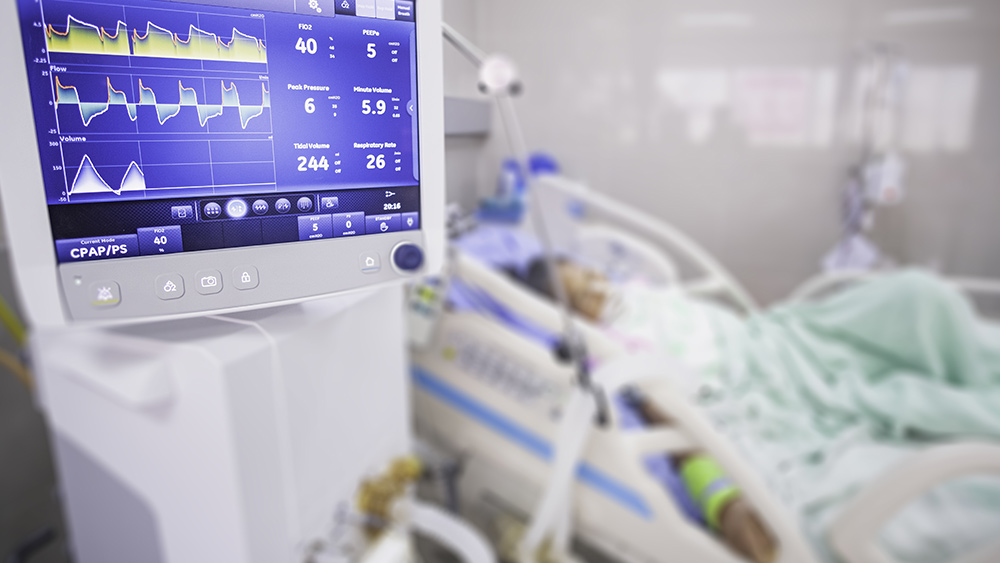Report: Cuomo shipped off 4,300 coronavirus patients to NY nursing homes
05/23/2020 / By Michael Alexander
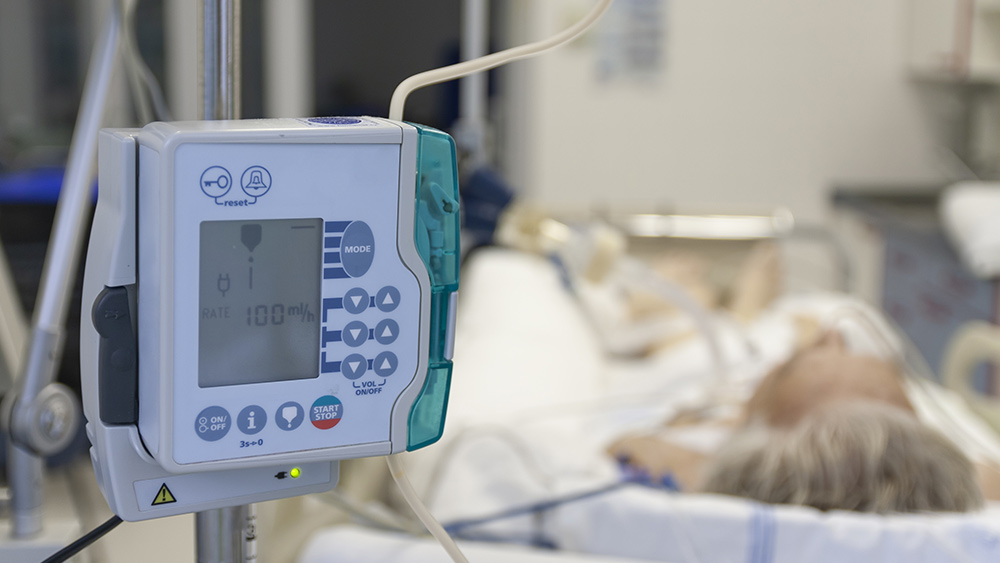
Over 4,300 recovering COVID-19 patients were shipped off to New York’s nursing homes and long-term care facilities as a result of a controversial state directive, according to The Associated Press.
In a count published on its site Friday, the news organization tallied the number of COVID-19 patients discharged from hospitals and transferred to nursing homes under Gov. Andrew Cuomo’s March 25 directive after the New York State Health Department declined to release the figures gleaned from its internal survey, conducted two weeks ago.
The health department is still verifying “incomplete” data.
According to critics, the directive, which had been intended to help free up hospital beds for the sickest patients as cases surged, instead only helped speed up the spread of the Wuhan coronavirus in the mentioned establishments, in addition to placing an additional burden on already overwhelmed facilities.
“A number of nursing homes have felt constrained by the order and admitted hospital discharged patients without knowing what their COVID status was,” said Chris Laxton, executive director of the Society for Post-Acute and Long-Term Care Medicine.
According to numbers posted by New York’s Department of Health, the state’s nursing home COVID-19 death toll stood well over 5,000 as of this writing, making it a significant chunk of the state’s total running death toll from the virus.
The directive, which also noted that the state’s nursing homes and related facilities cannot refuse patients, was reversed on May 10.
Following intense criticism, Cuomo, in his subsequent media briefings, said he was merely following recommendations set forth by the Centers for Disease Control and Prevention (CDC).
No matter how much Cuomo spins the said directive however, Stuart Almer, a nursing home operator, said it cannot be denied that the state order still put staff and residents at great risk.
“We can’t draw a straight line from bringing in someone positive to someone catching the disease, but we’re talking about elderly, fragile and vulnerable residents,” Almer stated in an interview with AP. (Related: New York nursing homes now a “slaughterhouse” for elderly coronavirus patients.)
According to Almer, his staff at Gurwin Jewish, a 460-bed nursing home on Long Island, had to scramble in order to accommodate what he called a “flood” of 58 recovering COVID-19 patients from local hospitals.
Almer stressed that while they did what they could to ensure the safety of their residents, such as by erecting more walls and by implementing other safety measures, residents at Gurwin nonetheless started falling sick, 47 of which died of confirmed or suspected COVID-19.
The families of those who died are furious.
“It was the single dumbest decision anyone could make if they wanted to kill people,” Daniel Arbeeny told the AP in an interview.
According to Arbeeny, his 88-year-old father succumbed to the virus after being pulled out of a Brooklyn nursing home that saw more than 50 deaths.
“This isn’t rocket science. We knew the most vulnerable were in nursing homes and rehab centers,” Arbeeny said, citing studies that pointed to the elderly and immunocompromised as being the most likely to succumb to the virus.
Former New York lieutenant governor and Committee to Reduce Infection Deaths founder Betsy McCaughey did not mince words when speaking about the current situation in the state’s nursing homes.
“They’re death pits,” McCaughey told The New York Times.
“These nursing homes are already overwhelmed. They’re crowded and they’re understaffed. One COVID-positive patient in a nursing home produces carnage,” she added.
As of press time, the state of New York has recorded a running total of 358,000 infections and 23,195 deaths from the coronavirus, according to data from Johns Hopkins University.
Sources include:
Tagged Under: Andrew Cuomo, China, coronavirus, covid-19, deaths, elderly, fatalities, Flu, government, immunocompromised, infections, New York, nursing homes, outbreak, pandemic, seniors, superbugs, virus
RECENT NEWS & ARTICLES
COPYRIGHT © 2017 PLAGUE INFO







